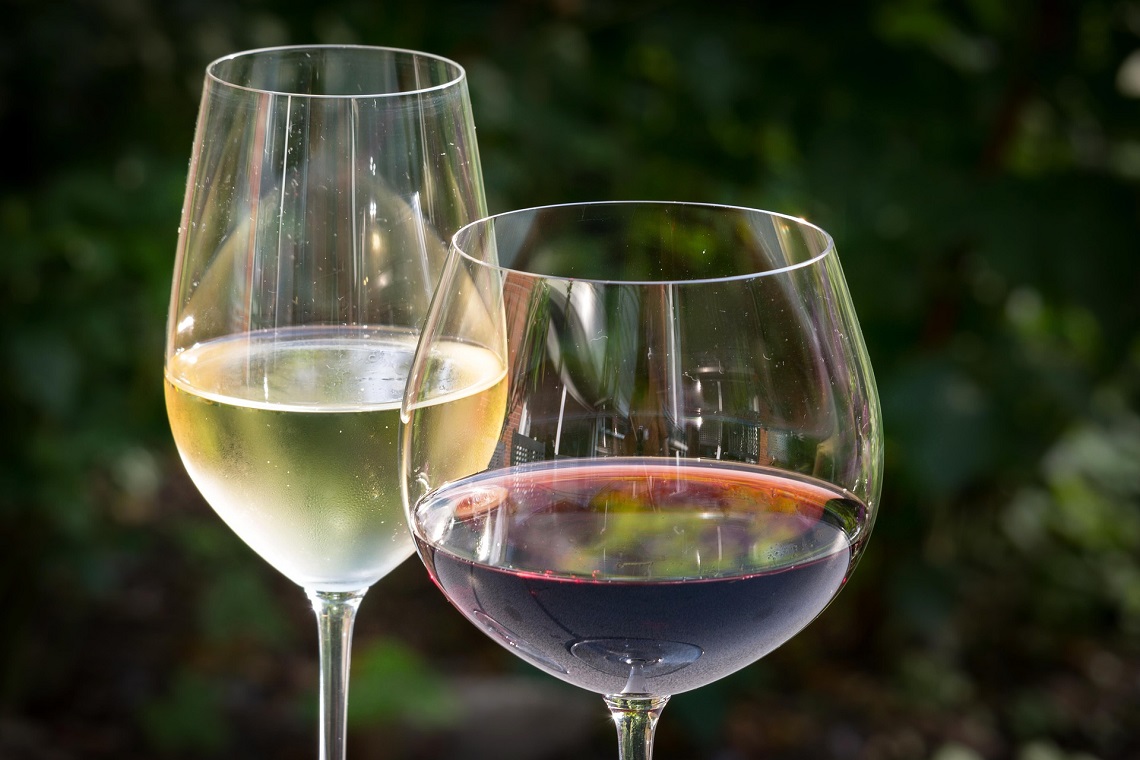Wine Intelligence has announced their annual predictions for the wine category in 2020, and says they reflect global challenges for the industry.
Richard Halstead, COO Wine Intelligence, said “wine is a risky business,” pointing to challenges around climate change, discretionary consumer spending influences in different countries and global trade policy changes.
There are five predictions for the first year of the decade, in which Halstead said: “We see the continuing arc of some existing behaviours, and the appearance (or re-appearance) of a few others).”
Wine volume consumption will globally decline
Wine Intelligence sees the developed world drinking less wine in 2020, but overall, the value of wine consumed won’t be heavily impacted.
“Those drinking less wine have compensated by spending more on the wine they do buy, with the characteristic result that prices per bottle have been rising considerably for several years now in major consumption markets,” said Halstead.
There’s a prediction that this trend could mean trouble for the producers and brands with business models dependent on selling more for smaller margins.
However, this trend also noted that consumers are looking for brands that are thoughtful, have provenance or are culturally interesting. In this way, premiumisation is about not only the price and quality of the liquid, but also of the brand’s story and actions.
Sustainability claims will be scrutinised
Environmentally friendly buzzwords are thrown around commonly on wine packaging and marketing these days, and it’s predicted that the coming year will see consumers investigating these claims.
While Wine Intelligence research suggests that many consumers read a sustainable word and believe it, Halstead said: “we also notice a smaller but growing minority of purchasers are more fundamentally committed, typically for a combination of environmental, ethical, social or lifestyle reasons.
“Next year I expect this latter group to be more zealous in their scrutiny of winemaking or viticultural claims, and more willing to call out what they see as transgressions or unacceptable standards.”
CBD wine will be explored further
Cannabis based drinks have been on the radar of predictions for a while now, however, considering an array of different laws in countless different jurisdictions, they have yet to take off.
“As with many things in our industry, cannabis drinks products remain at the mercy of regulators in most jurisdictions, not to mention some serious product development and taste optimisation challenges,” said Halstead.
While Wine Intelligence is not anticipating mainstream acceptance or popularity of cannabis wine drinks in 2020, they do predict more companies will start to explore it.
With federal law in Australia not allowing cannabis outside of medicinal use, the ACT recently passed a bill conflicting with this that comes into effect in 2020. What this will mean for the future of CBD drinks in the country remains to be seen.
Products from less high profile wine countries will become more popular
Wine Intelligence predicts countries like Germany, South Africa, Portugal and Greece, will see great growth in the popularity of their wine products.
“We believe 2020 will be a year where some old styles become new again to the next generation of consumers,” said Halstead.
He points to specific examples including German Riesling, refreshing whites and red blends from South Africa and Portugal, and lighter white styles coming from Greece.
Halstead described the common thread of these products and said: “All will be meeting the growing consumer needs for more aromatic, fresh, lower alcohol whites, and lower tannin but interesting reds.”
Greater investment into creative packaging and serve formats
“Our prediction is that we will see far more innovation in packaging coming to market next year than we have in the past few years, driven by the needs of business to reduce carbon footprint, to offer more recyclable containers, and to offer serve sizes that fit an age devoted to lowering volumes but increasing values,” Halstead said.
The prediction centres around the idea that brands will be focused on labelling and designs that stand out to busy and more visually oriented consumers, while also being classic enough to reassure shoppers of their quality. Look out for different bottle shapes, icons and colouring that go against the grain of what else is on the shelf.
In terms of how accurate these predictions will be, there’s a fair chance these points will ring at least a little true. Wine Intelligence’s 2019 trends predictions were valid, with three out of five trends being over 80 per cent correct.

